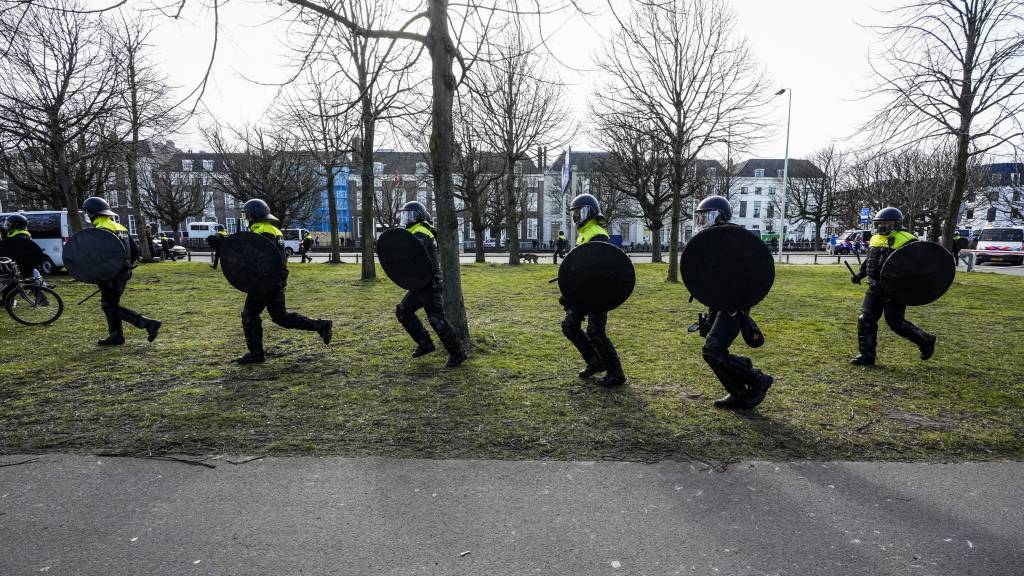
Jorieke Manenschijn ziet in haar opinie de noodzaak de democratische rechtsstaat weerbaar te maken door formele waarborgen in te voeren om het hoofd te bieden aan opkomende autocratieën (NRC 5/2/25 De rechtsstaat blijft niet overeind zonder formele waarborgen). Ik denk, dat Manenschijn zich de moeite kan besparen. Als de samenleving niet wil, dan helpen formele waarborgen die weerbaarheid ook niet verder. 18 miljoen zielen vragen zich namelijk continu af waarom zij bij elkaar willen blijven als een natiestaat en wel zo dat iedereen daar een plekje in heeft om te leven in een gebonden vrijheid. Wil je weten hoe zo iets werkt, dan zijn er in het verleden genoeg politieke filosofen geweest, zoals Thomas Hobbes, die je dat haarfijn kunnen uitleggen.
Democratie lijkt als vorm van samenleving het beste te scoren. Maar als in die samenleving de meerderheid de minderheid onderdrukt, dan lijkt dat veel op een autocratie. Aan de andere kant kan in een autocratisch systeem de alleenheerser zich volledig dienstbaar stellen aan de gemeenschap. Het is een raar ding, zo’n samenleving. Maar wel één met een duidelijk uitgangspunt: iedereen moet het erover eens zijn, dat het recht van de sterkste niet het uitgangspunt is. Dat moeten zij in ieder geval om de 4 jaar bij de verkiezingen laten weten. Anders bestaat er geen samenleving en is er een constante onderlinge strijd om te overleven. Alle formele waarborgen ten spijt.
In her opinion, Jorieke Manenschijn sees the need to make the democratic constitutional state resilient by introducing formal guarantees to cope with emerging autocracies (NRC 5/2/25 The rule of law does not survive without formal guarantees). I think Manenschijn can save himself the trouble. If society does not want it, then formal guarantees will not help that resilience. 18 million souls continuously wonder why they want to stay together as a nation state in such a way that everyone has a place to live in a bounded freedom. If you want to know how something like this works, there have been plenty of political philosophers in the past, such as Thomas Hobbes, who can explain it to you in detail.
Democracy seems to score best as a form of society. But if in that society the majority oppresses the minority, then it looks a lot like an autocracy. On the other hand, in an autocratic system the sole ruler can make himself completely subservient to the community. It’s a strange thing, such a society. But one with a clear starting point: everyone must agree that the right of the strongest is not the starting point. They must announce this at least every 4 years during the elections. Otherwise there is no society and there is a constant struggle for survival. Despite all formal guarantees.
Ricky Turpijn



